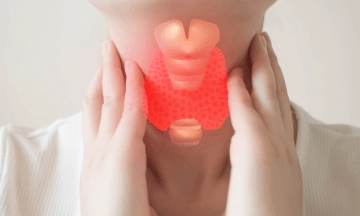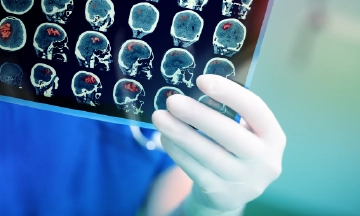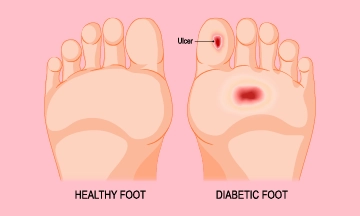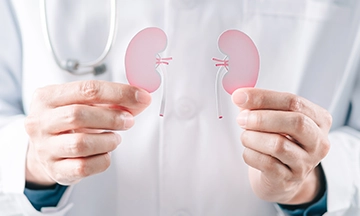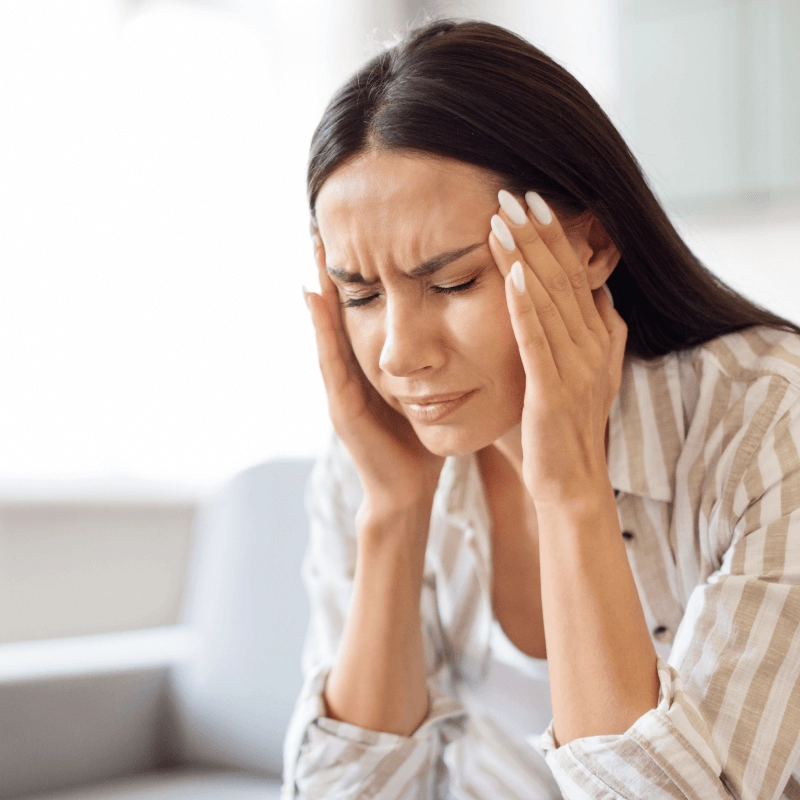
Hormones play a vital role in regulating various bodily functions, including metabolism, mood, growth, and reproduction. A hormone imbalance occurs when there is too much or too little of a hormone in the bloodstream, leading to a wide range of health issues.
What is Hormone Imbalance?
Hormones are chemical messengers produced by glands in the endocrine system. They travel through the bloodstream to tissues and organs, influencing many of the body's processes. When hormones are out of balance, even slightly, it can cause significant changes to the body and lead to various symptoms and health problems.
Common Causes of Hormone Imbalance
Hormone imbalances can be caused by a variety of factors, including:
- Stress: Chronic stress can lead to an overproduction of cortisol, the stress hormone, which can disrupt the balance of other hormones in the body.
- Poor Diet: Diets high in sugar, refined carbohydrates, and unhealthy fats can affect insulin levels and contribute to hormone imbalances.
- Lack of Sleep: Inadequate sleep can interfere with the production of hormones like cortisol, growth hormone, and insulin.
- Menopause and Perimenopause: Women experience a natural decline in estrogen and progesterone levels during menopause, leading to symptoms like hot flashes, mood swings, and irregular periods.
- Thyroid Disorders: Conditions like hypothyroidism (underactive thyroid) and hyperthyroidism (overactive thyroid) result from imbalances in thyroid hormones.
- Polycystic Ovary Syndrome (PCOS): PCOS is a common endocrine disorder in women, characterized by an excess of androgens (male hormones), which can lead to irregular periods, acne, and infertility.
- Medications: Certain medications, including birth control pills, steroids, and hormone replacement therapy, can affect hormone levels.
- Environmental Toxins: Exposure to chemicals like BPA, phthalates, and pesticides can disrupt endocrine function and lead to hormone imbalances.
- Chronic Illness: Conditions like diabetes, obesity, and autoimmune diseases can impact hormone production and regulation.
Symptoms of Hormone Imbalance
The symptoms of hormone imbalance vary depending on which hormones are affected. Common symptoms include:
- Fatigue: Persistent tiredness or lack of energy, even with adequate sleep.
- Weight Gain or Loss: Unexplained changes in weight, particularly around the abdomen.
- Mood Swings and Depression: Changes in mood, irritability, anxiety, or depression.
- Irregular Periods: In women, irregular, heavy, or missed periods can indicate hormone imbalances.
- Low Libido: Decreased sexual desire in both men and women.
- Acne and Skin Problems: Hormonal fluctuations can lead to acne, oily skin, or dry skin.
- Hair Loss or Excess Hair Growth: Thinning hair or baldness in men and women, or excessive hair growth in women (hirsutism).
- Sleep Disturbances: Difficulty falling asleep, staying asleep, or waking up feeling unrefreshed.
- Hot Flashes and Night Sweats: Common symptoms during menopause, caused by declining estrogen levels.
- Infertility: Difficulty conceiving can be a sign of hormone imbalances affecting reproductive health.
Diagnosis of Hormone Imbalance
If you suspect a hormone imbalance, it's important to consult a healthcare provider for proper diagnosis. Diagnosis typically involves:
Medical History and Physical Exam: Your healthcare provider will review your symptoms, medical history, and perform a physical examination.
Blood Tests: Blood tests can measure levels of hormones such as thyroid hormones, estrogen, progesterone, testosterone, and cortisol.
Urine or Saliva Tests: These tests can also be used to assess hormone levels, particularly for cortisol and other adrenal hormones.
Imaging Tests: In some cases, imaging studies like ultrasound or MRI may be needed to check for abnormalities in the endocrine glands.
Treatment Options for Hormone Imbalance
The treatment for hormone imbalance depends on the underlying cause and the specific hormones involved. Common treatment options include:
- Lifestyle Changes:
- Diet: A balanced diet rich in whole foods, including fruits, vegetables, lean proteins, and healthy fats, can support hormone balance.
- Exercise: Regular physical activity helps regulate hormones like insulin and cortisol and can improve overall well-being.
- Stress Management: Techniques like meditation, yoga, and deep breathing can reduce stress and lower cortisol levels.
- Sleep Hygiene: Ensuring adequate, quality sleep is essential for hormone regulation.
- Medications:
- Hormone Replacement Therapy (HRT): Used to restore hormone levels in conditions like menopause or hypothyroidism.
- Birth Control Pills: Can help regulate menstrual cycles and reduce symptoms of conditions like PCOS.
- Thyroid Medications: For those with thyroid disorders, medications can help normalize thyroid hormone levels.
- Natural Remedies:
- Herbal Supplements: Certain herbs like maca root, ashwagandha, and evening primrose oil may help balance hormones naturally. Always consult with a healthcare provider before starting any supplements.
- Acupuncture: This traditional Chinese medicine technique can help regulate hormones and alleviate symptoms.
- Surgery: In rare cases, surgery may be required to remove tumors or cysts that are affecting hormone production.
Conclusion
Hormone imbalance can have a profound impact on your physical and emotional well-being. By understanding the causes and symptoms, you can take proactive steps to seek diagnosis and treatment. Whether through lifestyle changes, medication, or natural remedies, balancing your hormones is key to achieving optimal health and improving your quality of life.





